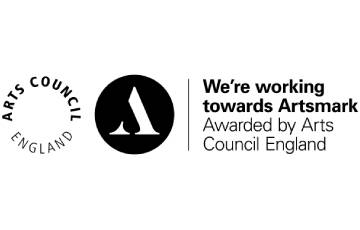Social Communication Differences
Social Communication Differences
Whether we realise it or not, we all follow a social rulebook. All those unwritten ‘rules’ that shape our everyday interactions and the way we navigate the world. However there is more than one social rulebook.
When we think of language and communication, we think of vocabulary, pronunciation, and grammar. But when you throw people into the mix, the ‘social’ part of communication becomes much more important. This means learning skills like knowing when to speak and when to listen, when to share something and when to keep it to yourself, how to say things without hurting someone’s feelings, how to finding common interests to talk about, and so on. It’s incredible how children usually learn this complex mix of unspoken rules just by socialising and playing with their friends.There are differences in the ways we communicate and process information that if we are all aware of, understand and accept could make a huge and positive impact on how easily autistic and non autistic people communicate with each other.
We all communicate differently and that’s ok.
What is Autism?
Autism is a neurological difference which can affect people in varying degrees. Autistic people often find it hard to communicate and interact with those around them. They do not always understand how people think or feel and can become upset or anxious in unfamiliar situations. Staff at Warren Wood have received training to support children who are Autistic. Personalised strategies are used within school to support children needing adjustments to enable them to reach their potential and develop skills for life.
Next steps
Referrals can be made through school to the ASD Pathway if sufficient evidence is available to suggest a diagnosis of Autism will be beneficial, and if school and parents or carers are in agreement. Please speak with your child's class teacher or the SENDCo for further information.
For additional support from the Neurodiversity Team (formaly the Autism Team) please have a look at the neurodevelopmental support padlets, which provide a range of information for families and young people.
Stockport Neurodevelopmental Support for Early Years (0-5) (padlet.com)
Stockport Neurodevelopmental Support for Children & Young People (5-16) (padlet.com)
Stockport Neurodevelopmental Support for Adults (16+) (padlet.com)







